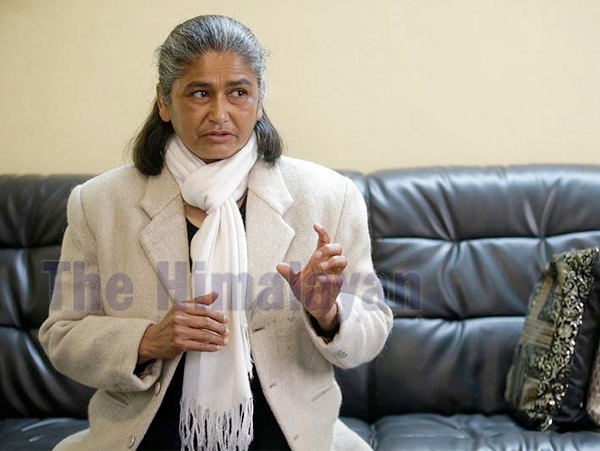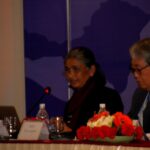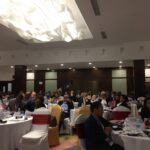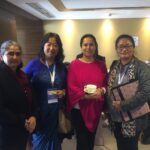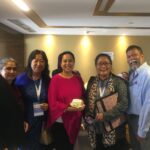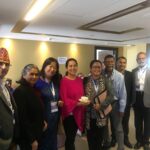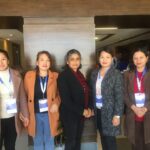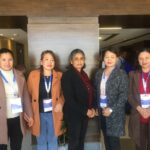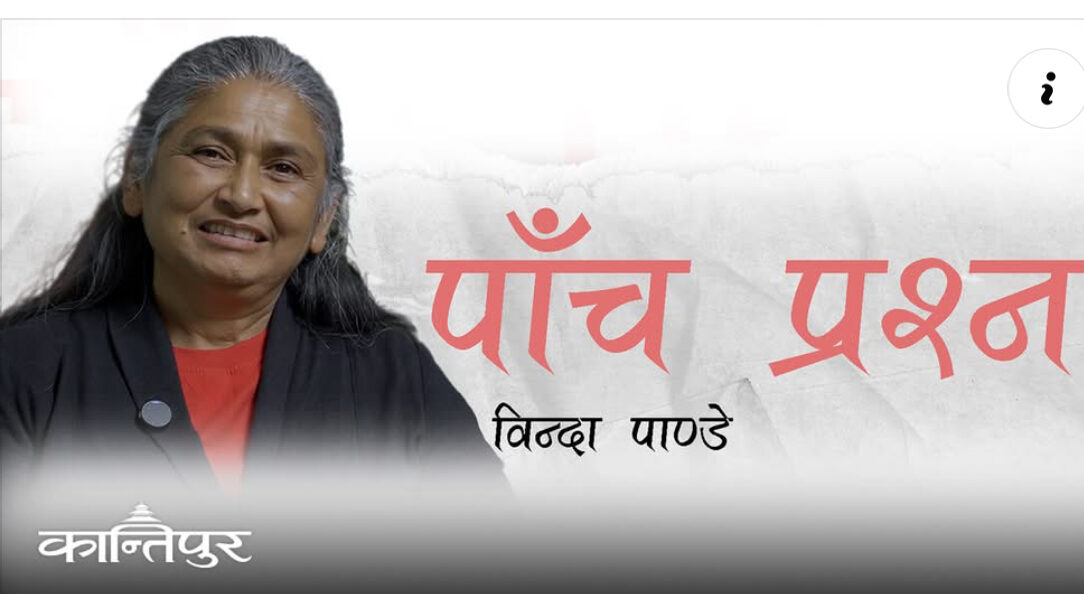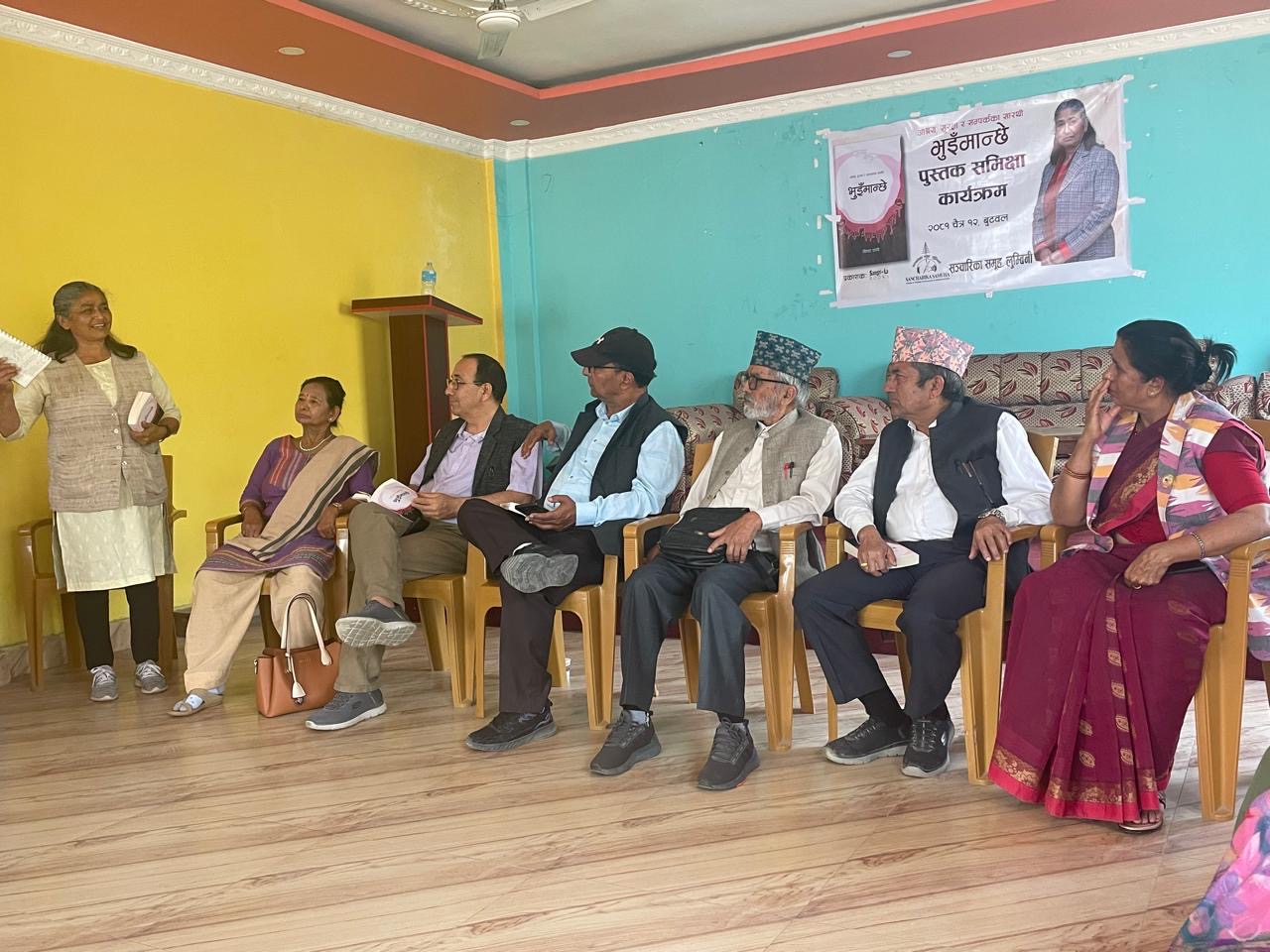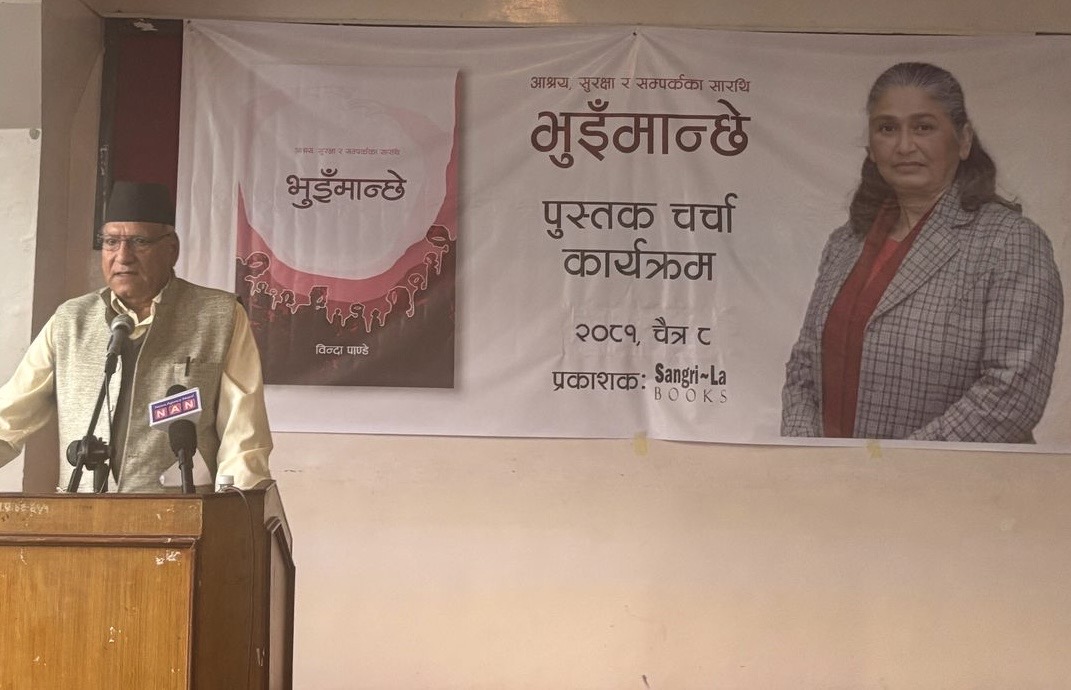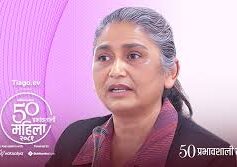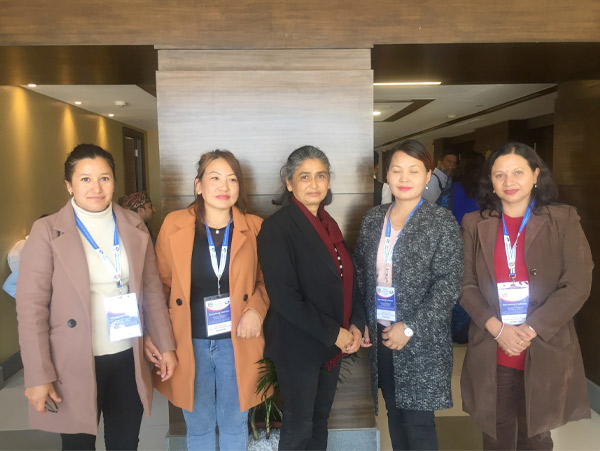
12 – 14 November, 2019, Kathmandu, Nepal
First of all let me thanks National Human Rights Commission (NHRC) providing this opportunity to share my views in this “International Conference on Protection of Rights of the Migrant Workers”.
Now, we Nepali are working with new political system of federalism. We are having three tiers of government now. And, after more than two decades, we are having stable government, which has declared dream mission to have “Prosperous Nepal and Happy Nepali“.
While, we are talking about Prosperity and Happiness, the perspective like “unless maximising youth power to build our own nation, Remittance-based economy cannot change said dream into reality. Being aware on it, state should have strategy to end migration on compulsion, though the voluntary migration by choice is reality of 21st century, which cannot be restricted. But, present reality is that big bunch of Nepali youth will remain working as migrant workers for few more years and state should act pro-actively to protect their rights.
With this brief background of our national context, now, let me focus on the given topics the Role of inter-governmental Bodies in Protecting Rights of the Migrant Workers. My presentation will be experienced- based more than principle only.
In regard of protecting migrant workers, basically three ministries as ministry of Home, Labour and Foreign Affair are directly linked. In addition, ministry of women is linked, while talking about women migrant workers and ministry of finance in terms of managing the remittance policy.
All these governmental bodies in both sides as country of origin and country of destination are responsible to set the policy and laws; domesticating the international standards and commitments; taking initiation to set bilateral and multi lateral agreement with inclusion of fundamental human rights, Fundamental principle of workers right as well as conventions on migrants workers and their family. These are the sole responsibility of the government.
Beyond this, all stakeholders including social partners as government, employer, recruiting agencies and trade union should work in better cooperation to guarantee the set policy and rights of migrant workers.
As, we discussed last two days here, government is more responsible to insure the instruments for fair and ethical recruitment. But, employer and recruiting agencies are more effective stakeholders to enforce them respectfully. In this process, we should not leave trade union and workers’ association out. They should stand as representatives of migrant workers and act as their voice.
In addition, civil society organisation and human right institution can play vital role in terms of monitoring and advocating for alternative policy in change context. Cooperation with Bar Council and Lawyer as individual can be actor to guide and provide access to justice.
In this whole cycle, we should involve academia as well for systematic research and study to provide fact based and logical recommendation to protect migrant workers right. Though, we are using study report done by other agencies such as different commissions and institutions, that is not enough.
In regards to coordinating all the stakeholders and listen their views, Labour ministry should be play role as focal point.
Lastly, I like to share some of our experiences working as trade union activists.
We, as GEFONT started to organise Nepali migrant worker in destination country from 1994 under the name of GEFONT-SUPPORT GROUP, in Korea and linked them with local union. Working together, we trade unions succeeded to provide workplace accident compensation to victims.
Based on that success experience of Korea, we replicate that in Hong Kong and Malaysia, where it is working better. And, now we have started in Gulf region, where we are already cooperating with trade union in Kuwait and Baharain. We trade unions from country of origin and destination, are having bilateral MOU between Unions. And, internationally, we have good cooperation and collaboration with GUFs. One of the success cases of wider cooperation is change happening in Qatar, where GEFONT was part of GUFs, since the beginning. Even in ILO we are taking Qatar case as one of the success outcome. We are even organising returnee migrant workers, to maximise their experiences in the process of protecting migrant workers’ rights.
We have engaged in the network of parliamentarian as well to involve them more to lobby respective governments for better protection of migrants’ rights. In the national level, we are trying to maximise the parliamentary forum to have bi and multi-stakeholder together and discuss on the some of the urgent issue relating with migrant workers, where NHRC was also invited once in the discussion, though it is not enough and we are discussing how to give the process continuation?
Finally, I would like to reiterate once again that to protect migrant workers’ rights, government should play better role to coordinate and bring all the stakeholders in board. And, the issues should be led in all level as international, regional, national and even local level in both countries of origin and country of destination. I remain here with thanking you all for your attention.
Thanks !

